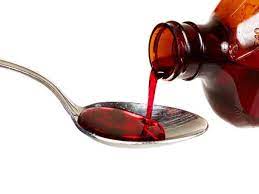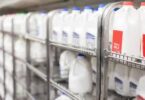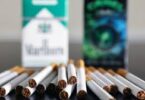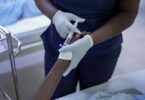BHOPAL (Reuters): Indian tests of a cough syrup linked to the deaths of at least six children in Cameroon have found unidentified quality issues in at least one of the five samples picked up by authorities, two people familiar with the investigation told Reuters.
Riemann Labs is one of three Indian drugmakers whose cough syrups have been linked to the deaths of at least 141 children in Gambia, Uzbekistan and Cameroon since the middle of last year. That has cast a shadow on the quality of exports from India, often dubbed the “world’s pharmacy” due to its supply of life-saving drugs at low prices to countries that most need them.
The World Health Organization (WHO) said in July that a sample picked up from Cameroon of Naturcold syrup, whose maker India has identified as Riemann, contained as much 28.6 per cent of the toxin of diethylene glycol, compared with an acceptable limit of no more than 0.10pc.
Indian authorities said they had suspended Riemann’s production soon after the WHO alert, citing violations of good manufacturing practices.
They also sent five Naturcold samples for tests, one of which has been found to be “not of standard” quality, said the sources who did not want to be named citing the sensitivity of the matter.
They declined to say what were the issues with the sample before the company could respond to a notice sent to it.
Riemann Labs and the drug regulator of Madhya Pradesh state, where the company is based, did not respond to queries from Reuters.
An inspection at Riemann’s factory by state and federal regulators in June had found violations including improper ventilation, raising the risk of cross contamination, the sources said.
One of the sources said Riemann had told the state regulator that it was carrying out repairs so that it could resume production. The other Indian cough syrup makers linked to the overseas deaths have also applied to reopen their factories, Reuters has reported.
India has made tests mandatory for cough syrup exports since June and has stepped up scrutiny of drugmakers, finding a string of deficiencies in recent inspections including poor documentation and a lack of self-assessment.







